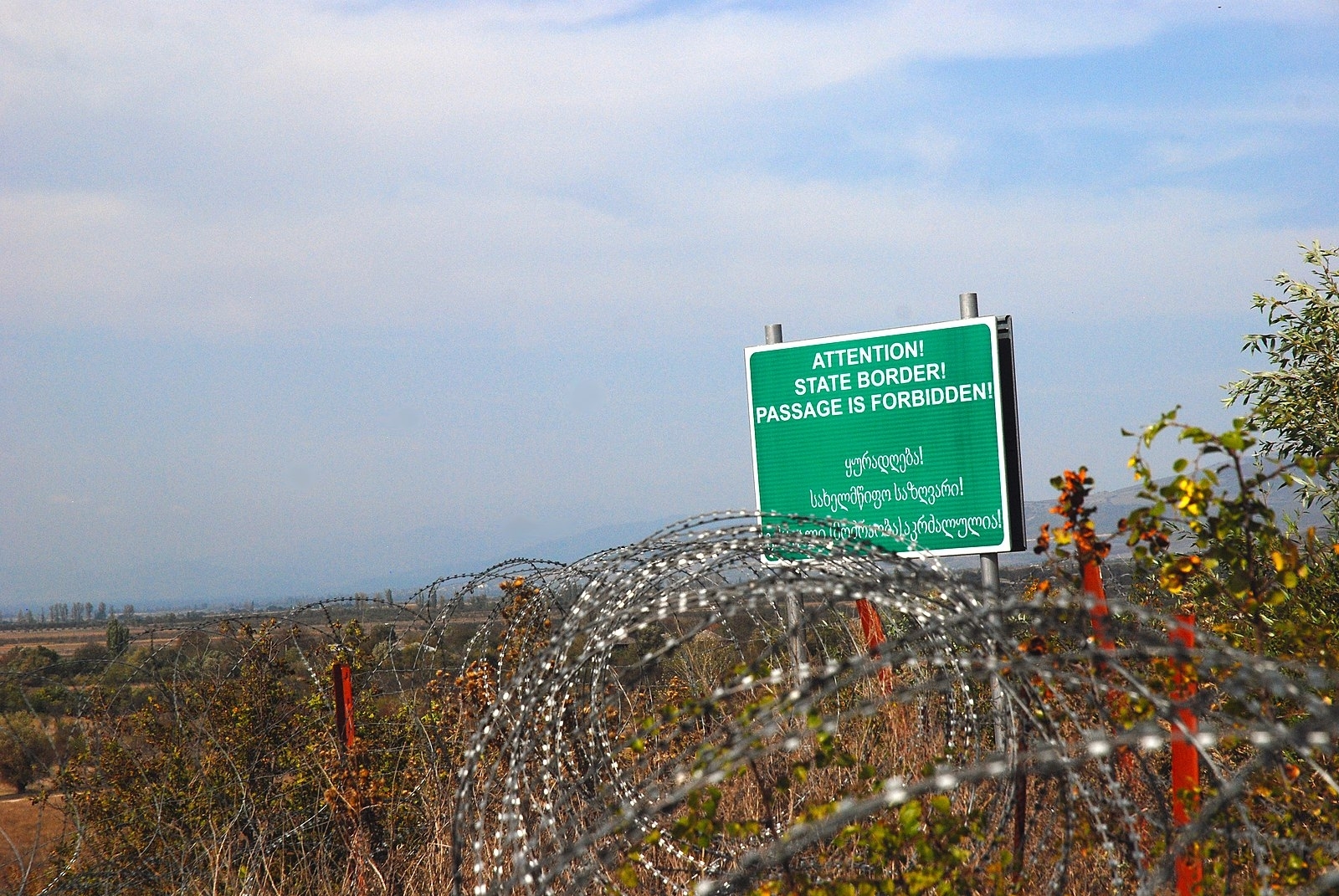After a break of almost two years due to the pandemic, key participants in informal Georgian-Abkhaz dialogue were able to meet in person again within the Limehouse Discussion Platform to reflect on the implications for the Georgian-Abkhaz conflict of new dynamics in the South Caucasus region and in the wider international context.
The meeting took place in Belgrade, and participants reviewed key ideas and insights to emerge over the course of many years of bilateral dialogue. Drawing on past experience, their assessment of the current conflict dynamic, and drafts developed during the dialogue in recent years, they worked together to formulate a set of proposals – a non-paper – on creating the conditions to move toward sustainable peace in the Georgian-Abkhaz context.
The proposals are aimed at local and international decision makers and others actively involved in peacebuilding in this context. When taken together, the steps set out here highlight areas where progress can be made to improve the lives of people suffering as a result of the unresolved Georgian-Abkhaz conflict.
Participants of the Limehouse Discussion Platform hope that these ideas for action will enable discussion in the societies on both sides of the conflict divide, as well as in bilateral and multilateral formats.
Over 28 years since widespread military hostilities, there has been no noticeable improvement in Georgian-Abkhaz relations, and people continue to suffer the consequences of unresolved conflict. New challenges related to the pandemic and significant changes in the regional context demonstrate there is no time to lose in searching for new approaches to move toward long-term peace.
There continue to be fundamental political differences between the sides, in particular in relation to finding a final outcome for conflict resolution. There are nonetheless areas where progress can be made to improve the lives of people suffering as a result of the conflict – on the one hand, the population of Abkhazia, and on the other, displaced persons. Progress is also critical for the sustainable and peaceful development of the region as a whole and should be of interest to regional and international actors alike.
To find a way out of the current deadlock, and for people to cease to be hostages of the unresolved conflict, it is important to take the following steps:
Create opportunities for talks between the sides on concrete issues and their resolution
Develop the region’s economic potential
Refrain from hostile rhetoric and actions that fuel the fears held by both societies
Promote policies that protect the rights of people adversely affected by the unresolved conflict
Encourage international actors to actively support local initiatives for peaceful and sustainable development
The steps set out above are entirely realistic. They are based on the conviction that positive change must start with addressing the needs of the people suffering as a result of the conflict. A future-facing pragmatic approach can help overcome disparities, improve people’s lives, and create conditions where trust can be strengthened and long-term peace can be attained.
These ideas for action were developed by participants in informal Georgian-Abkhaz dialogue within the Limehouse Discussion Platform and were agreed at a meeting held in Belgrade, 20-24 September 2021.


